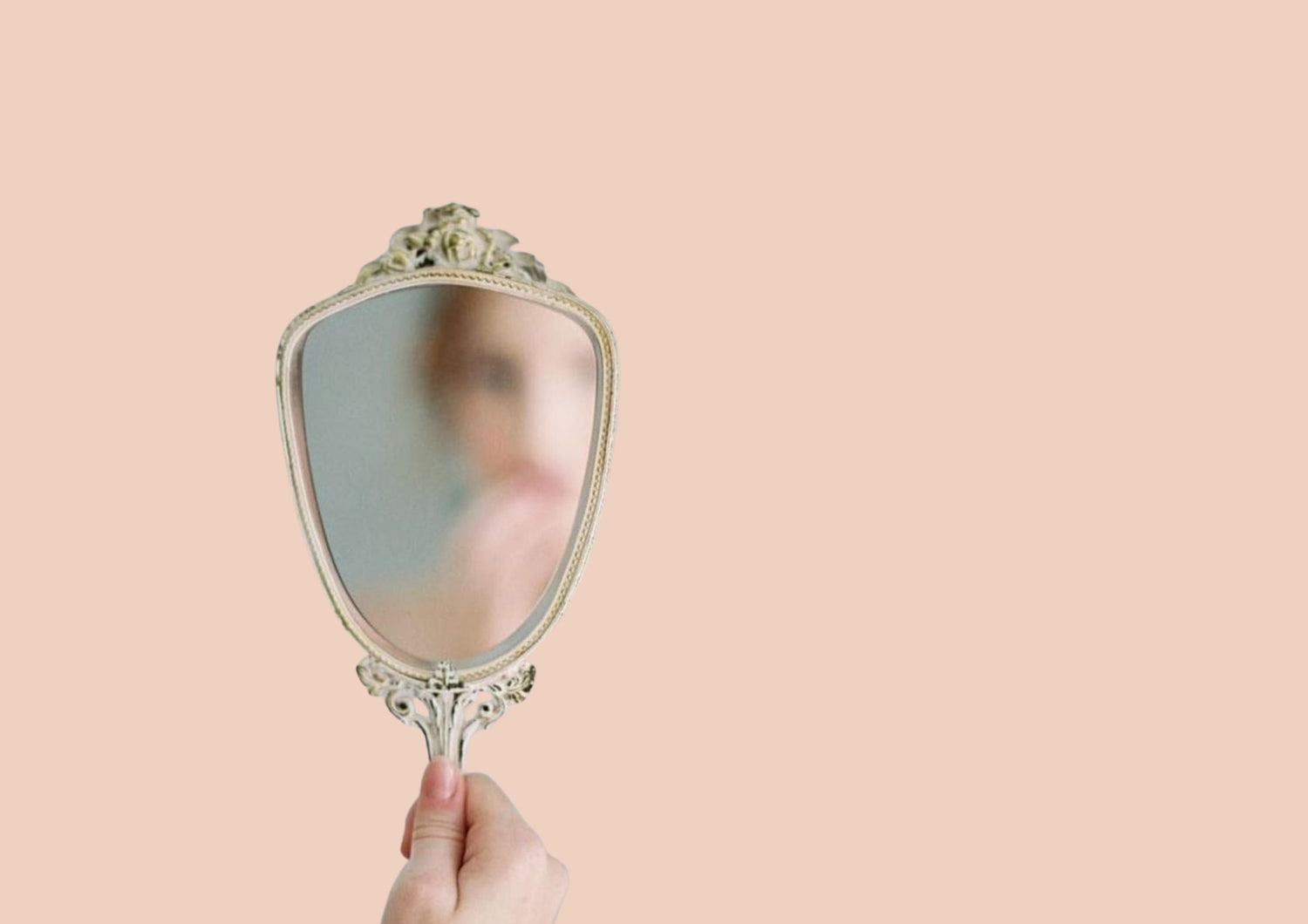Dear Kysh Community,
We often talk about submerged, undervalued or taboo topics, but today's could really be one of the most unusual - and yet, as always, it can make a difference. big difference in women's well-being.
Today we are tackling a topic that concerns many women: How to take care of your hormonal balance and intimate health even when taking the contraceptive pill.
Many people think that, without ovulation, there is no "real" cycle to follow. In reality, even in the absence of natural fluctuations in estrogen and progesterone, our body continues to function according to internal rhythms: circadian and ultradian cycles, which regulate energy, metabolism, mood, sleep and digestion.
For this reason, synchronize your daily routine to a “simulated cycle” can offer concrete benefits, improving the energy status, stress management and intimate health.
What is the simulated cycle and why does it work?
According to the latest research, even without natural hormonal fluctuations, dividing the month into two phases – an “energizing” phase (similar to the follicular phase) and a “regenerating” phase (similar to the luteal phase) – helps provide the body with an essential rhythmic structure.
👉 If you don't know the four phases of the natural menstrual cycle, [discover our dedicated article here].
According to experts, during the first two weeks of the month, which we'll call the energizing phase, our goal should be to increase energy, metabolism, and muscle building. During this phase, experts recommend a diet rich in complex carbohydrates, fiber, and lean proteins such as whole grains, beets, and avocado, along with intense physical activity such as HIIT and weight training.
In the last two weeks of the month, experts recommend focusing on regeneration. The focus here is on reducing inflammation, balancing insulin levels, and supporting mood. Healthy fats like salmon, flaxseeds, and dark leafy vegetables are favored, and sugar intake is limited. Gentler activities include yoga, walking, and a sauna, all ideal for promoting recovery and reducing cortisol.
Maximum well-being, even with the pill
Whether you have a good relationship with the pill or not, it is important to know that Regular use of hormonal contraceptives can affect several aspects of women's health..
In addition to reducing hormonal fluctuations, the pill can also:
-
decrease reserves of key nutrients such as magnesium, zinc, vitamins B6, B12, folate and selenium;
- alter the vaginal lubrication, leading to dryness of the intimate mucous membranes or generating discomfort and greater vulnerability to irritation, a common but often little discussed side effect.
How to counteract these effects?
To counteract these effects, a good starting point is take care of your diet, preferring foods rich in micronutrients and anti-inflammatories such as yogurt, kefir, kimchi, vegetables like broccoli and cauliflower, and omega-3s found in oily fish, but also in chia seeds for those who follow a plant-based diet.
With hydration: drinking at least 2 liters of water a day helps all mucous membranes, including vaginal ones, to stay hydrated and resilient.
With an intimate skincare routine: daily use of a gentle intimate cleanser, a hydrating serum and, if necessary, a soothing or anti-dryness product helps to counteract vulvar dehydration and to maintain the pH and microbiota in balance.
In conclusion, synchronizing our routines not only helps our metabolism and mood, but also supports the health of our intestinal and vaginal microbiome, which is essential for maintaining pH balance and preventing irritation or infections. Our bodies respond to consistency and daily care: this is why it's crucial to listen to ourselves and consciously choose products and practices that respect our femininity—even when taking the pill.
🛡️ One last important thing to remember
Even if the contraceptive pill is a valid ally for living sexuality in a freer way, does not protect against sexually transmitted infections.
Because of this, if you have relationships with non-permanent or occasional partners, it is essential always use a condom, to protect yourself and your health.





